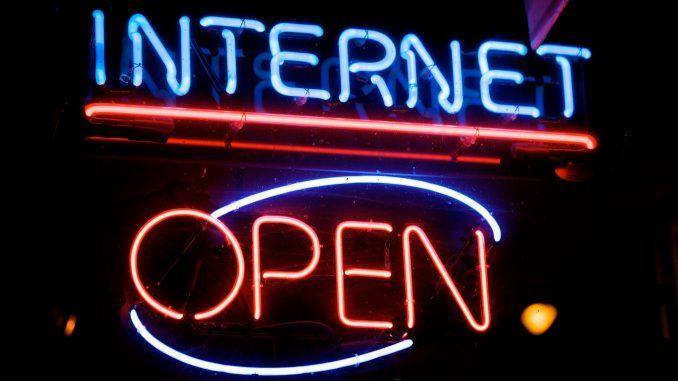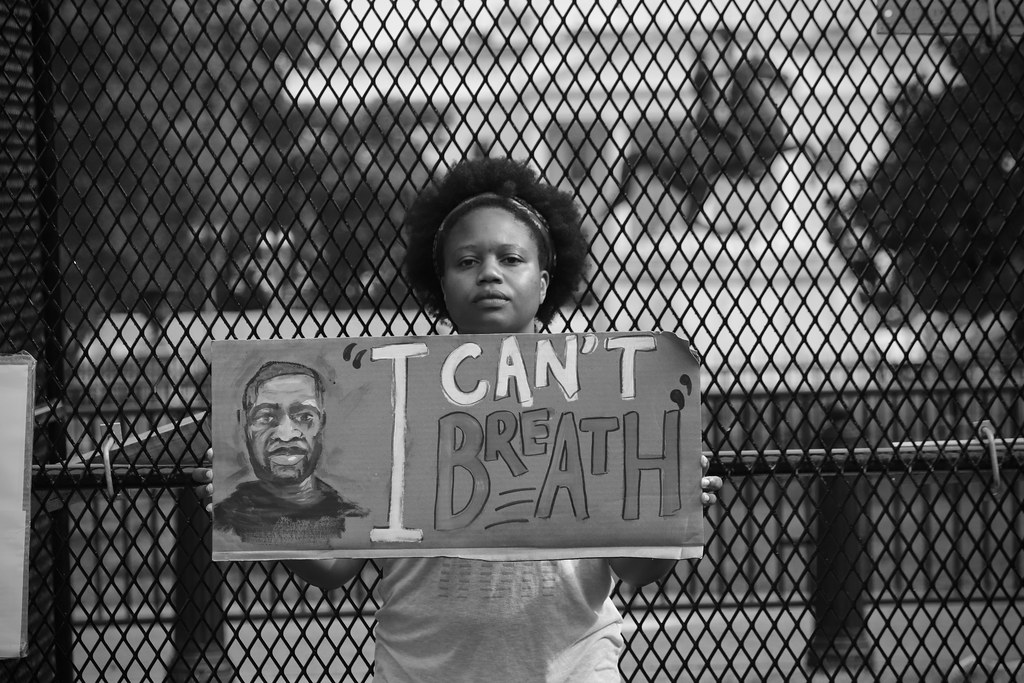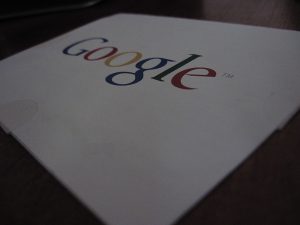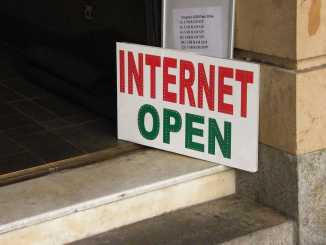
Social media are now widely used in almost everyone’s life, and the influence posed by social media on us is considered to be profound. It is believed that with the information exposed in everyone’s life, people are unconsciously impacted by the ideas, perceptions, and mindsets on the social media platforms which are considered to be popular and widely recognized. Regarding the values that are embedded in social media, it is believed by most people that the egocentrism based media form enables everyone to have the equal right to present their ideas and perceptions so that equality should be the bedrock of social media. However, the ideal understanding of the value of social media can be termed as an illusion because social media can be any place but an equal space for people to live in their cyber world.
Racial inequality
Among different unequal phenomena, racial inequality should be one of the most prominent issues for social media. According to the discussion of (Noble, 2018), the contents and articles posted on the internet usually reflect the influence of a majority culture, but the beliefs and perceptions of the minorities are usually neglected with the filtering mechanism of the media providers, which should be contributed to the commercial demands of the social media organizations that want to please the majority people for their business benefits. Based on the claim made by Noble, it is clear that under the influence of the majority group, the contents and posts will follow the mainstream of the majority group, making the sound of the minorities on the social media to be unheard by the public(Awan, 2021), which can be a form of social media racism. Awan described social media as an amplifier for racist conversations by creating an echo chamber for hateful rhetoric and racist views that are based on the interests of the majority groups. However, the social media organizations seem to be quite unwilling to tackle the racist views and conversations on the social media platforms for fear that they might lose the users from the majority groups.
Filtering mechanism


Nowadays, social media platforms are considered significant political outlets for Black Americans, which can be reflected by the cyber protests for the George Floyd issue. According to the survey made by the PEW Research Center, black social media users are so fond of posting their attitudes towards racial issues on their social media platforms as a way to show their sense of activism (Auxier, 2020). With the wide use of social media by the minorities, they have platforms to express their attitudes towards racial related topics, which might contribute to equality in the cyber world and even influence the real world. However, based on the report issued by( BBC, 2020), social media organizations such as Facebook and Instagram constantly use the algorithm to filter the posts of black people, which the racial activists consider as a kind of suppression of the voice of the black voices. The filtering mechanism based on the algorithm of the social media platforms corresponds to the discussion of Lusoli & Turner (2020). The article written by these two authors revealed the ignorance of the silicon organizations for the counterculture. The uneven number of employees working for the social media companies decide the decision-makers and strategies executors for the social media platforms are mainly white people. When they design the system, mechanism, and algorithm of the social media platforms, it is inevitable to have personal bias. When the bias is passed down, it is possible for social media to have a systematic racial issue. Hence, although it seems that black people, as well as other minorities, can post their perceptions or even start racial relevant protests on the social media platforms, with the existence of the white-based filtering mechanism and algorithm, the posts of these people might be filtered, which evident the racial inequality of the social media platforms because minorities’ voice might be suppressed.
Influence to real life
What is worse, the social media racial inequality can also influence the real life of the monitories. According to the article written by Howard, S., Kennedy, K., & Tejeda, F. (2020). employers are now reviewing the social media platforms of the applicants as a way to make their recruitment decisions. The black people who are believed to have the sense of racism are less likely to get jobs than the race-neutral black candidates so that when black people post the social media content in their daily life, they can take more consideration because it is not meant for them to risk their own life. This phenomenon can be hazardous because when social media contents become the criteria for evaluating their candidates, the minorities will become the vulnerable group. Based on the purpose of social media: speech freedom, it is the right for individuals to post their ideas and perceptions despite their races. However, when minorities are going to be judged by their social media behaviours and posts when they are hunting for jobs, they can be more cautious for the social media content they post, which further increase the racial inequality on the social media platforms because minorities are afraid of posting their true thoughts because of the fear for not being able to have jobs. It can be regarded as the reflection of real-world racial inequality in social media platforms.
Solution
Whereas, when it comes to discussing the solution to social media racial inequality, (Flew, T., Martin, F., & Suzor, N, 2019) pointed the dilemma. Social media can be seen as a form of global techlash, and the social media companies are running the business in the global range. At the same time, due to the difference in culture, geography, laws, and policies, it is hard for social media platforms to take out an all-agreed standard or framework to deal with the existing issues on social media platforms. Therefore, the regulation efforts of the social media platforms are considered to be unevenly allocated. (Martin, 2021) argued that social media platforms have the experience and technological ability to filter the unfavourable contents and posts, which can be seen from the filtering mechanism of terrorist and children sexual exploitation. However, it terms out that social media companies hesitate to filter the racial-related content and posts in favour of their benefits. Therefore, the current social media racial inequality cannot be addressed because the internationalisation of the social media companies can help these platforms find an excuse for not taking out a standard because of the regional differences of their markets. At the same time, the social media organisations’ still slow movement to stop the racial, abusive contents and posts on their platforms should be based on their demand for their benefits. Since there are still many people from the mainstream to hold problematic attitudes towards racial issues, removing or banning the racial-related contents or posts might cause these people to leave the social media platforms, which might harm the operation of the social media platforms.
Conclusion
It is now clear that racial inequality is a systematic issue based on the natural bias of the platform designers and the reflection of real-world racial problems. Indeed, it is time to call for the responsibilities that the tech giants should take to take acute and practical actions to cope with the racial inequality in the social media platforms designed by them with the original concepts of speech freedom and an equal, democratic community
References list
Alexander, M. (2021). Why is it so difficult to stop abuse on social media? Sky News. https://news.sky.com/story/why-is-it-so-difficult-to-stop-abuse-on-social-media-12354192
Awan, I. (2020). Social media helps reveal people’s racist views – so why don’t tech firms do more to stop hate speech? The Conversation. https://theconversation.com/social-media-helps-reveal-peoples-racist-views-so-why-dont-tech-firms-do-more-to-stop-hate-speech-140997
Auxier, B. (2020). Social media continue to be important political outlets for Black Americans. Pew Research Center. https://www.pewresearch.org/fact-tank/2020/12/11/social-media-continue-to-be-important-political-outlets-for-black-americans/
Facebook and Instagram to examine racist algorithms. (2020). BBC News. https://www.bbc.com/news/technology-53498685
Flew, T., Martin, F., & Suzor, N. (2019). Internet regulation as media policy: Rethinking the question of digital communication platform governance. Journal of Digital Media & Policy, 10(1), 33–50. https://doi.org/10.1386/jdmp.10.1.33_1
Howard, S., Kennedy, K., & Tejeda, F. (2020). Social Media Posts About Racism Leads to Evaluative Backlash for Black Job Applicants. Social Media + Society, 6(4), 205630512097836. https://doi.org/10.1177/2056305120978369
Lusoli, A., & Turner, F. (2020). “It’s an Ongoing Bromance”: Counterculture and Cyberculture in Silicon Valley—An Interview with Fred Turner. Journal of Management Inquiry, 30(2), 235-242(235-242), 105649262094107. https://doi.org/10.1177/1056492620941075
Safiya Umoja Noble. (2018). Algorithms of oppression: how search engines reinforce racism. New York University Press, Cop.


